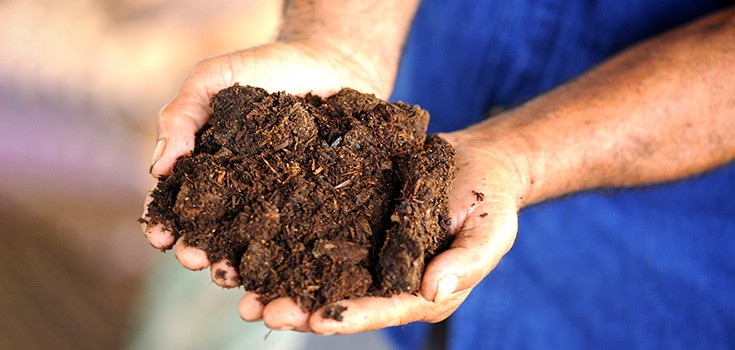Are You Afraid of Bacteria? You Shouldn’t be – Here’s Why

Washing your hands has proven to be a fantastic way to protect yourself and others from illness. If doctors hadn’t started washing their hands before operating, who knows where we would be today. But there is some concern that too strict adherence to hygiene could lead to other forms of illness by not giving the immune system a “workout” to get stronger.
The “Hygiene Hypothesis”
Known as the “hygiene hypothesis,” researchers defend that limited exposure to viruses, parasites and bacteria is necessary for the immune system to grow and become stronger. According to Dr. Graham A.W. Rook, a professor at the Center for Clinical Microbiology at the University College in London, a predisposition towards excessive hygiene may lead to a number of specific health conditions. Among these conditions, he noted autoimmune problems such as multiple sclerosis and type 1 diabetes, Chron’s disease, inflammatory bowel disorder, and serious allergic reactions. Health experts state that country kids are much less likely to have immune system problems than city kids.
As long as there have been humans, there has been dirt. Those that support the hygiene hypothesis believe that mud, untreated water and feces exposure were early training tools for immune system development. With the passing of time, it has become evident that the bugs people were once exposed to were for a purpose, to keep the immune system in balance. Without this exposure, the immune system begins to go after things that are not really enemies.
One study published in the journal of Science reports that exposure to microbes when young helps with disease resistance later in life. Adult exposure to the same microbes did not present the same results. In particular, immune cells in the digestive tract and the lungs were affected. This means that if these cells are not trained early through exposure to microbes, experiencing a number of respiratory and digestive problems later on in life could be the result. This includes an increase in allergies and asthma.
Through becoming less afraid of dirt and bacteria you will not only give your immune system the training it needs, but also cut down on exposure to dangerous chemicals like triclosan – found in antibacterial soap. Triclosan dangers are many, with the chemical even shown to weaken the heart and body within 1 hour: impairing essential muscle contractions and resulting in a 25 percent reduction in heart function in one study.
The hygiene hypothesis is not a license to go live with the pigs; good sanitation and hygiene is essential to keeping major diseases such as dysentery and cholera at bay. However, parents who cringe when their children come in from playing outdoors covered in mud…well, shouldn’t. Don’t be afraid of getting a little dirty. Bacteria is essential for immunity.
Additional Sources:
